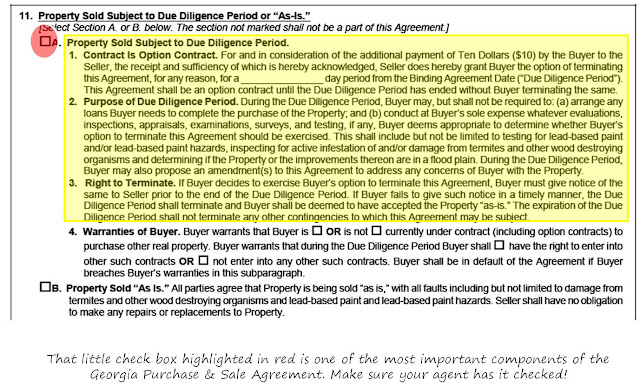When Rebekah & I were growing up our parents instilled in us the value of telling the truth. We were told the story of "The Boy Who Cried Wolf" over and over and I (Melissa) share that with my children now. Our parents had no tolerance for lying. With that said, there was always this gray area of "white lies." According to our friends and even some teachers, it was ok to tell a "white lie" so long as no one got hurt. It was hard to discern why that was ok, but plain out "lying" wasn't (a lie is a lie right)? Now that I'm older, I think I understand now.
If a husband or wife asks if it is okay to invite their parents over for dinner, the spouse would probably say 'sure' even if it wasn't 100% the truth. That was a 'white lie'. If a young boy dresses up as a monster on Halloween and asks his father if he looks 'really scary', it was okay for his dad to say 'YES'! That was a 'white lie'.
In both cases, the person telling the 'white lie' was saying what the other person wanted to hear. In both cases, there was no harm in not telling the 100% truth. In both cases, it was a 'white lie'. However, if we are not telling the 100% truth in order to save someone's feelings AND IT HURTS THEM, we are lying.
Why am I bringing this up in today's blog?
I believe there are still some in the real estate industry more worried about a homeowner's feelings than they are about telling the truth about the current value of their home. These agents are not necessarily malicious. They just realize they may disappoint a seller at a listing appointment by telling the truth about what the house will sell for. They find it difficult to deliver tough news. To make sellers feel better, they lie and sometimes they do it just to get the listing!
Good agents can deliver good news. Great agents know how to deliver tough news.
In today's real estate market, YOU NEED A GREAT AGENT. You need an agent that will tell you the truth, even when you don't want to hear it. You need an agent more worried about your family than they are about your feelings. You need an agent who can get the house sold! That's us. We have disappointed people by telling the truth. We have hurt people in their pockets by telling the truth. At the same time, we've helped dozens of families by telling the truth and we've moved them to the next chapter in life by telling the truth. It is always the right thing to do in our eyes. In the end, they always understand why we did what we did, even if they didn't like it.
What this means to you
If you are interviewing potential listing agents, demand they tell you the truth. Don't hire the agent that tells you what you want to hear. Hire the agent that tells you what you need to know. Reward their honesty.

A portion of this material was taken from: KCM Blog










